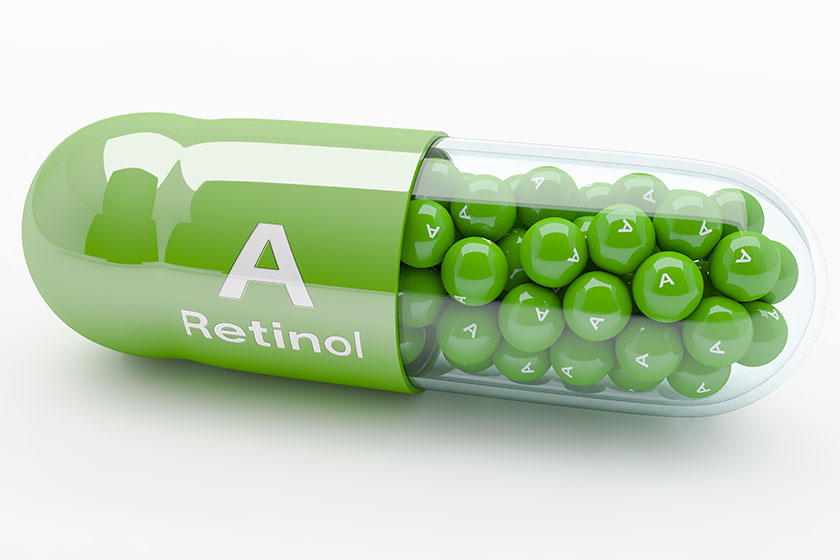Entering your 50s is a time of reflection, celebration, and embracing the wisdom that comes with age. It’s also a phase where many individuals focus on enhancing their overall well-being, including their skin’s health. Among the various skincare ingredients available, retinol often takes the spotlight for its remarkable benefits. But a common question arises: Is it too late to start using retinol in your 50s? In this comprehensive guide, we’ll explore this question, shedding light on the advantages and considerations of incorporating retinol into your skincare routine during your golden years.
The Benefits of Retinol in Your 50s
As you reach your 50s, your skin undergoes natural changes, including a decrease in collagen production and cell turnover. Retinol, a derivative of vitamin A, offers several advantages to address these changes:
- Reducing Fine Lines and Wrinkles: Retinol is renowned for its ability to diminish the appearance of fine lines and wrinkles. It promotes collagen production, which helps plump the skin and reduce the signs of aging.
- Improving Skin Texture: Retinol enhances skin texture by promoting cell turnover. It aids in shedding old, damaged skin cells, revealing smoother and fresher skin.
- Minimizing Acne and Blemishes: Retinol’s exfoliating properties help unclog pores and reduce acne breakouts, which can be a concern for some individuals in their 50s.
Considerations for Starting Retinol in Your 50s
While retinol offers numerous benefits, there are certain considerations to keep in mind when incorporating it into your skincare routine in your 50s:
- Start Slowly: If you’ve never used retinol before, it’s advisable to start with a lower concentration and gradually increase it. This helps your skin adapt to the ingredients without causing irritation.
- Sun Protection Is Key: Retinol can make your skin more sensitive to the sun. Ensure you apply sunscreen daily to protect your skin from harmful UV rays.
- Consult with a Dermatologist: Before adding retinol to your skincare regimen, consider consulting a dermatologist. They can provide personalized recommendations based on your skin type and concerns.
- Potential Side Effects: Some individuals may experience mild side effects like redness, flaking, or dryness when using retinol. These side effects typically subside as your skin adjusts.
Retinol Products for Mature Skin
There is a wide variety of retinol products available, including serums, creams, and moisturizers specifically formulated for mature skin. Look for products that combine retinol with hydrating ingredients like hyaluronic acid to combat dryness.
Lifestyle Factors for Healthy Skin
In addition to using retinol, several lifestyle factors contribute to healthy and radiant skin in your 50s:
- Stay Hydrated: Drink plenty of water to keep your skin hydrated from the inside out.
- Balanced Diet: Consume a diet rich in antioxidants, vitamins, and minerals to support skin health.
- Adequate Sleep: Ensure you get enough restorative sleep to allow your skin to repair and regenerate.
- Gentle Cleansing: Use a gentle cleanser to clean your skin, avoiding harsh or abrasive products.
Embracing Skincare as Part of Self-Care
Finally, it’s important to view skincare, including the use of retinol, as a form of self-care. Taking the time to care for your skin can boost confidence, promote relaxation, and enhance overall well-being in your 50s and beyond.







